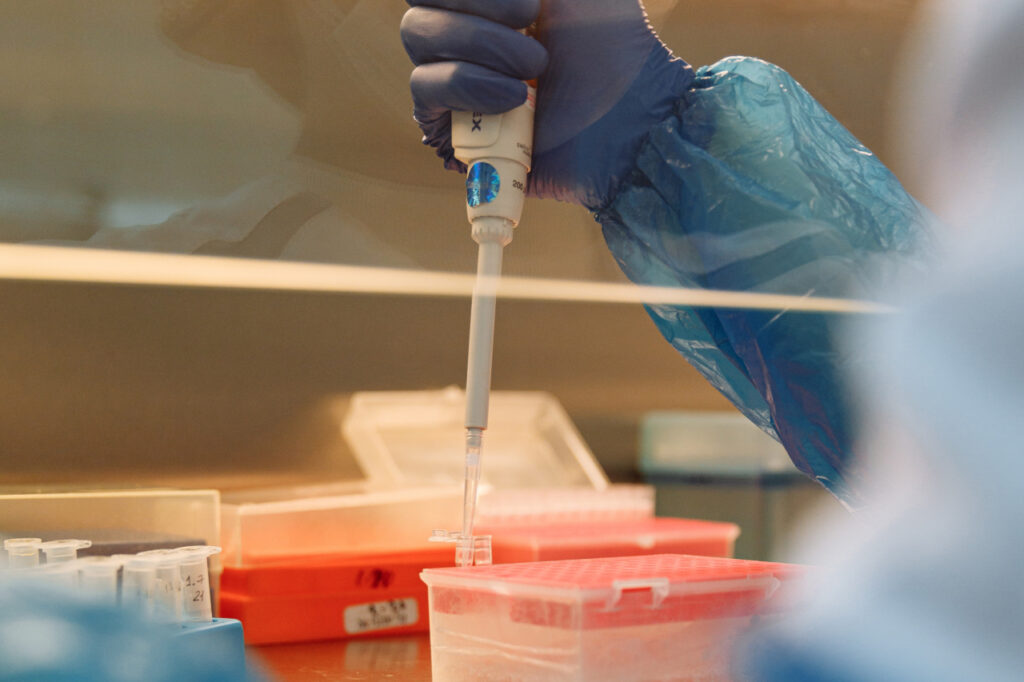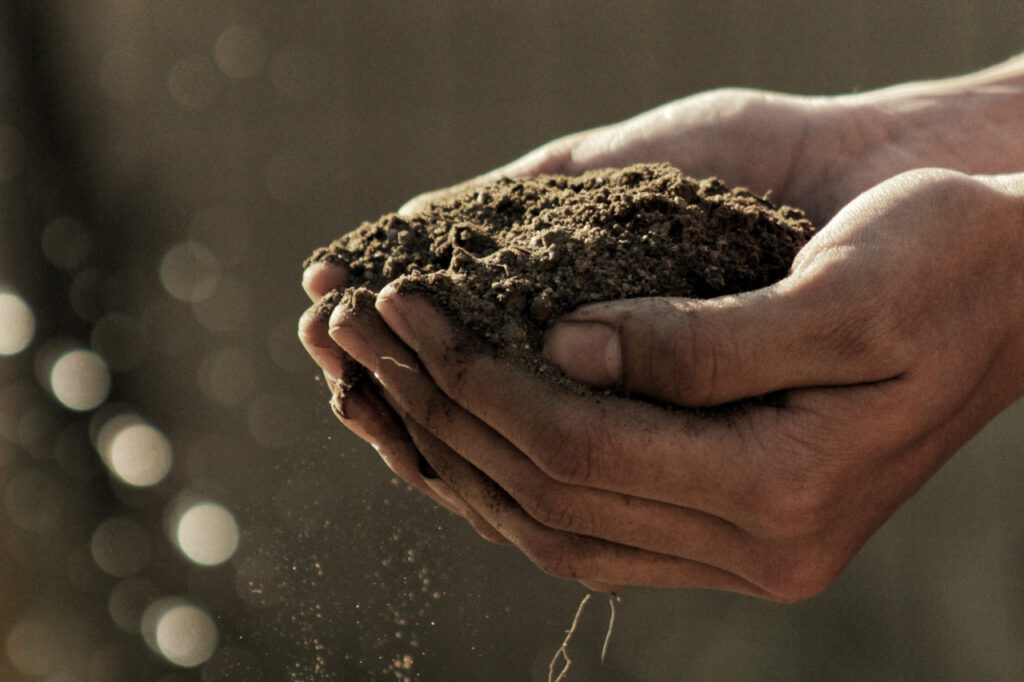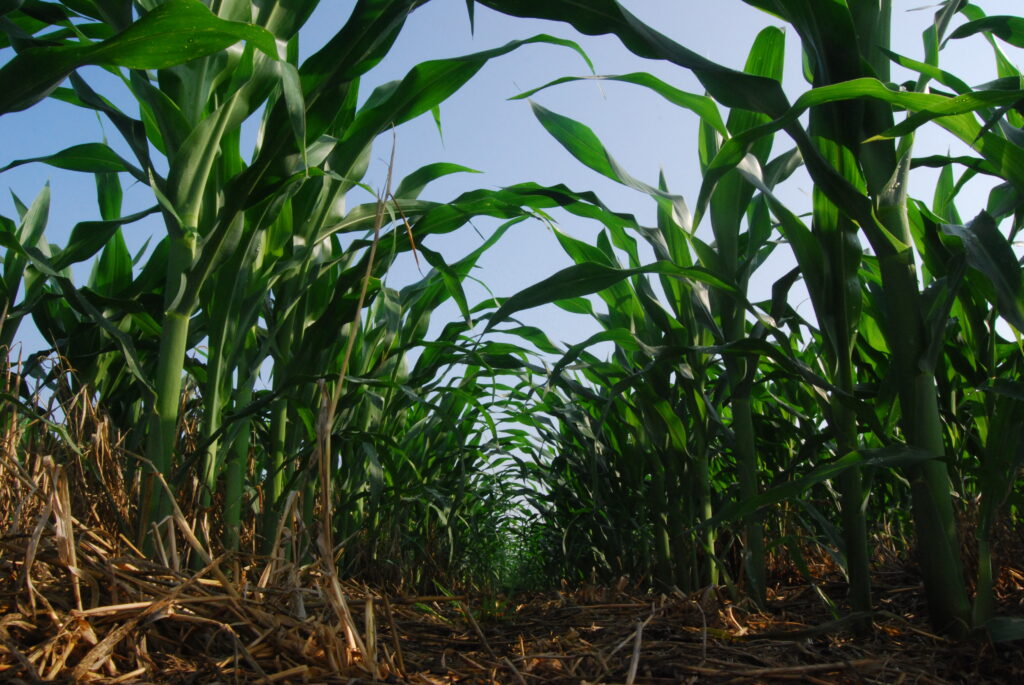Our Services
ISA R&D offers consultancy, analytical support, research and development, solutions and knowledge transfer activities, regarding plant biostimulants and other sustainable practices for agriculture.
Core activities
ISA R&D offers experienced and highly qualified R&D activity regarding the following topics:

Microbes
Isolation, genetic and phenotypic characterization, and formualation of novel bacteria and fungi with biostimulant, biodefence or bioremediation activities.
Quantification of microbiological parameters in response to soil treatments, also in compliance with the requirements of the biostimulants legislation: enzymatic activities; qPCR for the quantification of bacteria, fungi and specific functional group.
Microbiological and molecular analyses of biostumulant formulates for composition, purity, viable loads.
Genomic analyses of beneficial bacteria and fungi to identify traits of interest, assess safety (absence of genes for pathogenicity and/or antibiotic resistance), determine novelty of strains, also for registration purposes.
Biomasses
Isolation, optimization, fractionation and evaluation of components with biostimulant activity from agri-food wastes or byproducts, compost and natural sources such as agri-food byproducts, organic matter, seaweeds and microalgae, and non-food vegetable sources.
Definition of the most active fractions in organic biomasses, in terms of defining new biostimulant and elicitor products, following fractionation and/or dialysis, as well as RSM optimized extraction processes
Mode of action: Untargeted metabolomics approaches for the definition of biological activity in plants (elucidation of biochemical responses involved in treatments, pathway analysis, chemical similarity enrichment, multi-omics data fusion, elicitation of functional components in edible portions).
Biochemical markers of stress in plants (MDA/TBARS, hydrogen peroxide, proline, PSII photosynthetic efficiency, non-photochemical quenching)


Cropping systems
Field trials to assess soil, rhizosphere, and environmental quality of agri-ecosystems and crop performances, to include microbiological, enzymatic, geochemical, and biochemical aspects.
Studies are carried out in response to stress or agronomic interventions, with the aim of improving the soil status. Specific methodologies and equipment to measure soil C and nutrient dynamics (including losses) are also available.
Extension services aim to (i) calibrate and introduce at the field level sustainable practices of agro-ecosystem management within intensively managed agricultural lands, as well as (ii) monitor, report, and verify agro-ecosystem performances towards healthy agricultural soils and carbon farming strategies, in the light of EU mission initiatives.

Microbes
Isolation, genetic and phenotypic characterization, and formualation of novel bacteria and fungi with biostimulant, biodefence or bioremediation activities.
Quantification of microbiological parameters in response to soil treatments, also in compliance with the requirements of the biostimulants legislation: enzymatic activities; qPCR for the quantification of bacteria, fungi and specific functional group.
Microbiological and molecular analyses of biostumulant formulates for composition, purity, viable loads.
Genomic analyses of beneficial bacteria and fungi to identify traits of interest, assess safety (absence of genes for pathogenicity and/or antibiotic resistance), determine novelty of strains, also for registration purposes.

Biomasses
Isolation, optimization, fractionation and evaluation of components with biostimulant activity from agri-food wastes or byproducts, compost and natural sources such as agri-food byproducts, organic matter, seaweeds and microalgae, and non-food vegetable sources.
Definition of the most active fractions in organic biomasses, in terms of defining new biostimulant and elicitor products, following fractionation and/or dialysis, as well as RSM optimized extraction processes
Mode of action: Untargeted metabolomics approaches for the definition of biological activity in plants (elucidation of biochemical responses involved in treatments, pathway analysis, chemical similarity enrichment, multi-omics data fusion, elicitation of functional components in edible portions).
Biochemical markers of stress in plants (MDA/TBARS, hydrogen peroxide, proline, PSII photosynthetic efficiency, non-photochemical quenching)

Cropping systems
Field trials to assess soil, rhizosphere, and environmental quality of agri-ecosystems and crop performances, to include microbiological, enzymatic, geochemical, and biochemical aspects.
Studies are carried out in response to stress or agronomic interventions, with the aim of improving the soil status. Specific methodologies and equipment to measure soil C and nutrient dynamics (including losses) are also available.
Extension services aim to (i) calibrate and introduce at the field level sustainable practices of agro-ecosystem management within intensively managed agricultural lands, as well as (ii) monitor, report, and verify agro-ecosystem performances towards healthy agricultural soils and carbon farming strategies, in the light of EU mission initiatives.
Experimental activities
Isolation, selection and evaluation
of the commercial and industrial potential of new microorganisms with biostimulant and/or pollutant-degrading activity;
Identification of biomasses and other natural substrates
with biostimulant potential, as well as biochemical and/or biotechnological transformation processes using them, to include protein hydrolysates, seaweed extracts and humic acids;
Formulation of new products
based on biostimulants, beneficial microorganisms, elicitors of defense;
Microbiological, chemical, and biochemical characterization of soils
in order to assess their quality status, also in response to stress or agronomic interventions aimed at improving the soil status;
Metabolomics and phenomics investigation
of the biochemical mechanisms involved in stress resilience, biostimulant activity, and plant-growth promotion processes;
Soil enzymatic activities
related to soil/rhizosphere health aspects;
Microbiological, molecular and chemical analyses
of biostimulant products;
Greenhouse and field trials
to assess the efficacy of biostimulants, in terms of yield, resistance to biotic and abiotic stresses, resilience mechanisms, yield quality and nutrient use efficiency, also in compliance with the regulation 2019/1009 (5 June 2019) for placing on the market;
Genomic and molecular analyses
for patenting and intellectual property verification of useful microorganisms, in accordance with the Nagoya Protocol.
Send Us A Message
Fill in the Form below and clic on Submit button. We will contact you as soon as possible.
